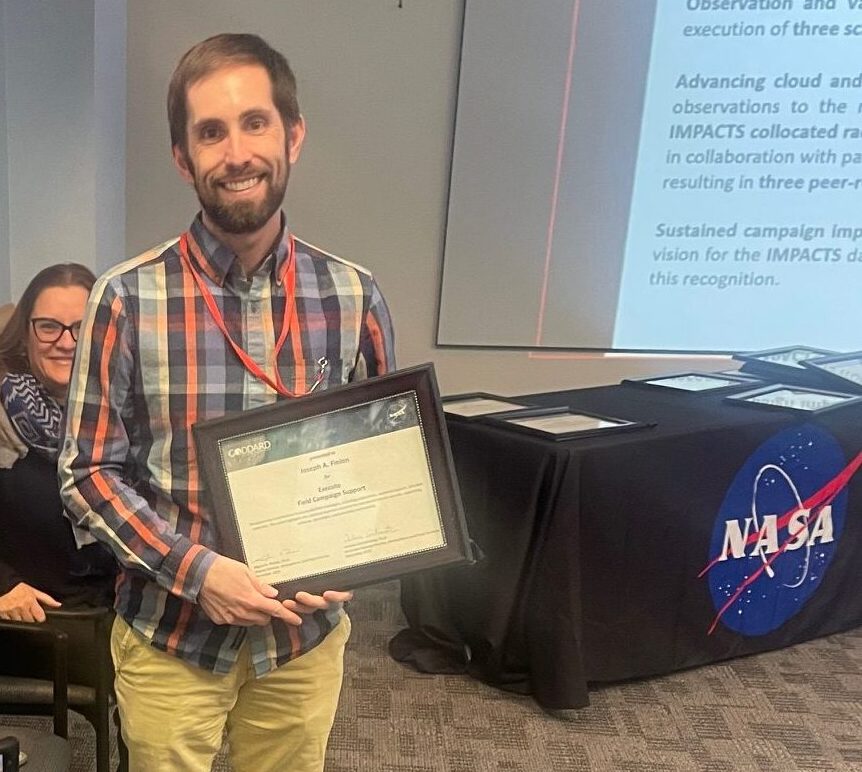In 2024, NOAA’s National Centers for Environmental Information (NCEI) released the latest version of the World Ocean Database (WOD), the world’s most extensive collection of quality-controlled ocean profile and plankton data. Containing more than 20,000 datasets, WOD spans from Captain Cook’s 1772 voyage to the contemporary period, making it a valuable resource for long term and historical ocean climate analysis.
Since that release, WOD has been updated every three month to accommodate newly acquired data from all around the world. WOD is the foundational database for several essential climate monitoring products, including the World Ocean Atlas (WOA), global assessments of Ocean Heat and Salt Content, and high-resolution regional climatologies. WOD provides vital insights into temperature, salinity, oxygen, nutrients, carbon, and other essential ocean variables that help researchers track long-term climate trends and sea level changes.
Last June, Alexey Mishonov, ESSIC Research Scientist, who is the principal investigator of the WOD project at ESSIC and first author of the current version of WOD documentation, participated in OCEANS2025 Conference (Brest, France) where he presented a talk describing how WOD is used for monitoring ocean climate. This paper was recently published in IEEE Xplore and available here: DOI: 10.1109/OCEANS58557.2025.11104766.
Mishonov is a researcher with extensive experience in various fields of oceanography, including ocean color, water transmissivity and particulate organic carbon study, oceanographic data management, analysis, and climate research.
All WOD data and products are freely available to the scientific community on the World Ocean Database webpage.





